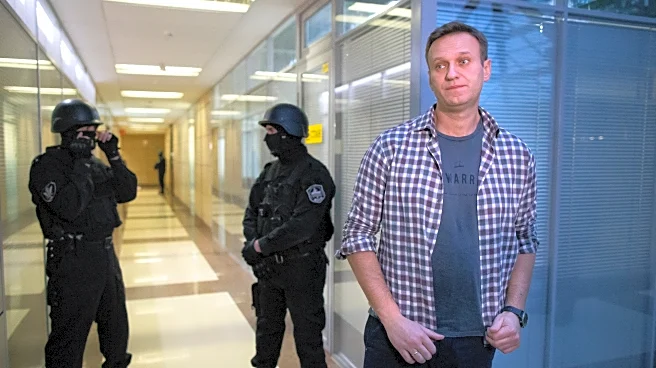Rapid Read • 7 min read
Casey Cattie, a 30-year-old musician, discovered she had Stage 4 Hodgkin lymphoma after her Oura ring indicated signs of illness. Despite consulting multiple doctors and undergoing various tests, her symptoms were initially dismissed. It was only after a trip abroad, where her condition worsened, that she received a diagnosis. The Oura ring, known for tracking sleep and stress levels, alerted Cattie to her health issues months before medical professionals identified them. This case highlights the potential of wearable health technology in early illness detection.
AD
The ability of wearable devices like the Oura ring to detect serious health conditions before traditional medical diagnosis could revolutionize healthcare. It underscores the importance of integrating advanced technology into personal health monitoring, potentially leading to earlier interventions and better outcomes. This development may influence the healthcare industry to adopt more tech-driven solutions, benefiting patients who might otherwise face delayed diagnoses. It also raises questions about the role of technology in personal health management and its impact on medical practices.
As wearable technology continues to advance, its integration into healthcare could become more prevalent. This may lead to increased research and development in the field, aiming to enhance the accuracy and reliability of health monitoring devices. Healthcare providers might begin to incorporate data from wearables into their diagnostic processes, potentially improving patient care. Additionally, there could be discussions around regulatory standards and privacy concerns related to the use of personal health data collected by these devices.
The ethical implications of relying on wearable technology for health monitoring are significant. Issues such as data privacy, the accuracy of health predictions, and the potential for over-reliance on technology need to be addressed. Furthermore, the cultural shift towards self-monitoring and proactive health management could alter patient-doctor relationships, emphasizing the need for clear guidelines and education on the use of such devices.
AD
More Stories You Might Enjoy











